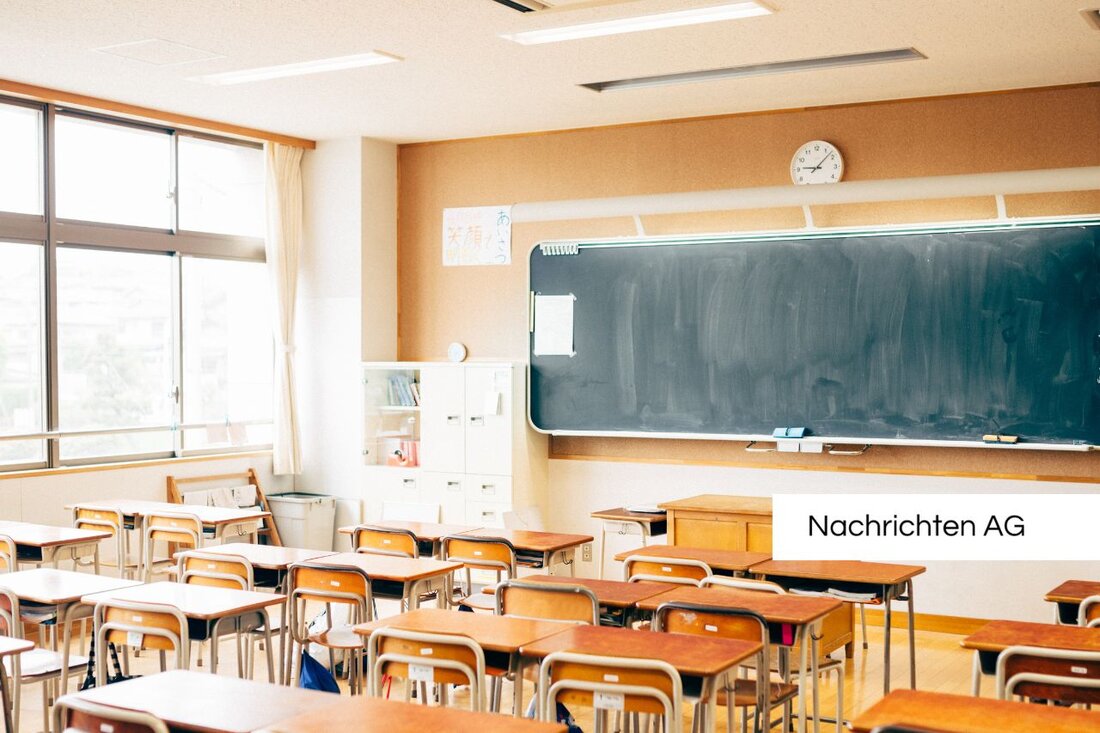Education and politics: Equal opportunities for all children are now required!
Find out more about Nina Kolleck's research at the University of Potsdam on the connection between education and politics for equal opportunities.

Education and politics: Equal opportunities for all children are now required!
The German education system is facing a variety of challenges that affect both equal opportunities and the quality of education. Nina Kolleck, a recognized educational researcher and political scientist at the University of Potsdam, highlights the need for interdisciplinary approaches to address this issue. She sees the connection between education and politics as particularly important for the sustainable design of education.
Kolleck emphasizes that education always takes place in a political context and is shaped by political decisions. It calls for clear framework conditions to reduce social inequalities and ensure access to high-quality education for everyone. “Education should be a right and not a privilege,” explains Kolleck and advocates massive investments in schools and teachers. She sees education not only as an individual concern, but also as a social concern that promotes political participation and strengthens social cohesion.
Educational trends and challenges
A current national education report shows that Germany is caught between educational expansion and integration. Despite an increase in educational participation and improved outcomes, not all groups benefit equally. While younger generations are achieving higher levels of education, many young people are still affected by inadequate qualifications. The situation is particularly worrying in the lower qualification range: too many young people leave school without a secondary school leaving certificate or a professional qualification.
The educational policy focus should urgently be on those with little or no formal qualifications. Young people's skills have tended to improve in recent years, particularly among socially disadvantaged groups. Nevertheless, the proportion of those with inadequate basic skills remains high. The connection between social background and educational achievement remains strong, which points to the need for measures to combat social inequalities.
Educational policy initiatives
In 2015, the United Nations agreed on Sustainable Development Goals that aim for inclusive and equitable education by 2030. As an approach to combating educational inequalities, early measures to promote skills are called for. The expansion of high-quality early childhood education offerings and binding educational plans are central elements in optimally preparing children for starting school.
In addition, a flexible design of educational paths is required in order to avoid barriers caused by early decisions. Kolleck and other education experts emphasize the need to consistently take the individual support of students into account in lessons. This is the only way to sustainably reduce social inequalities in Germany in the long term.
A look into the future
Kolleck's research is not just limited to Germany. She has worked in different countries and understands the challenges that cultural differences bring. At the same time, it is part of the “Initiative for an Effective State”, which aims to strengthen state structures in Germany. However, she warns that social media can offer both opportunities for political exchange and risks in the form of disinformation.
Their wish is that educational systems in the future not only impart knowledge, but also contribute to critical thinking and promote an awareness of an open, democratic society. Kolleck's personal balance to her academic work is sport, family, literature and time in nature, which corresponds to the need to regenerate in a challenging environment.
With the right political support and a clear focus on equity, the education system in Germany can be transformed to meet the needs of all children. Kolleck is optimistic that her research and the resulting discussions can help improve education that meets the challenges of our time.

 Suche
Suche
 Mein Konto
Mein Konto